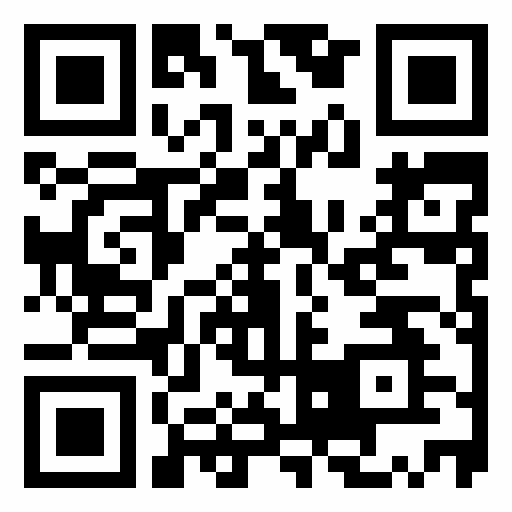Fariborz Roshangar1, Mozhgan Lotfi2, Parvin Sarbakhsh3, Hanieh Najafi4*, Ali hajipour5
Background_ Nowadays health care systems are extremely dynamic. Using traditional educating methods in response of rapid changes in the health system are challenging. Thus, we aimed to compare the effect of debriefing methods in simulation-based education by using active teaching strategies in order to evaluate their effects on few educating outcomes in nursing students.
Method_ The present study is a randomized quasi-experimental study with a control group. Study specimens were nursing students in their 6th semester, from the faculty of nursing and midwifery of Tabriz University of medical sciences. The students of this class were randomly allocated to two groups of 28 “debriefing by oral discussion” and “debriefing by video-assist oral discussion”. Before beginning the intervention, we completed questionnaires about student’s knowledge, satisfaction, self-confidence, self-evaluation and function. After implementing the intervention (two weeks) and providing each groups particular education, students learning outcomes were assessed and analyzed. The Statistical Package for Social Science (SPSS) version 21 was used for the statistical analysis.
Results_ According to the results obtained from this study, there was no statistical significant differences in comparing two debriefing methods “oral discussion” and “video-assisted oral discussion” in simulation-based education on learning outcomes. Also, in comparing nursing student’s grades before and after the intervention, we observed that both methods had significant positive effects on learning outcomes such as knowledge, function, self-confidence and satisfaction.
